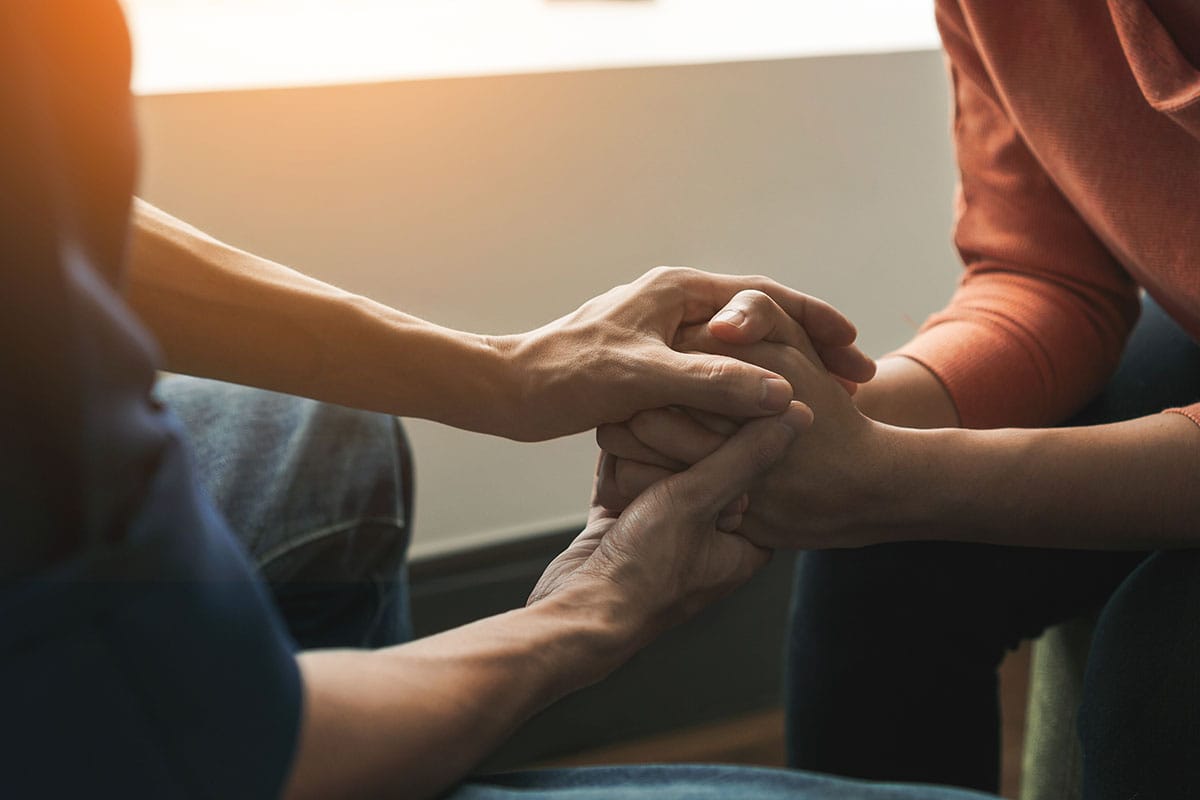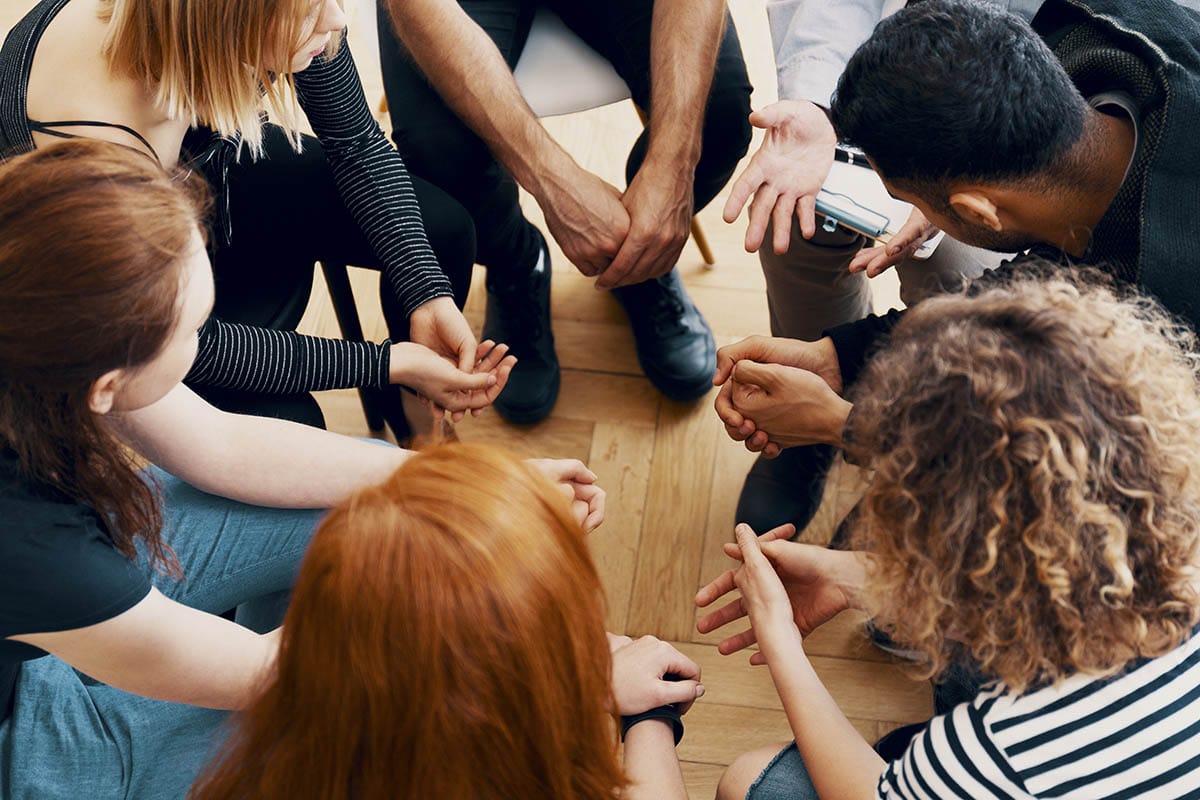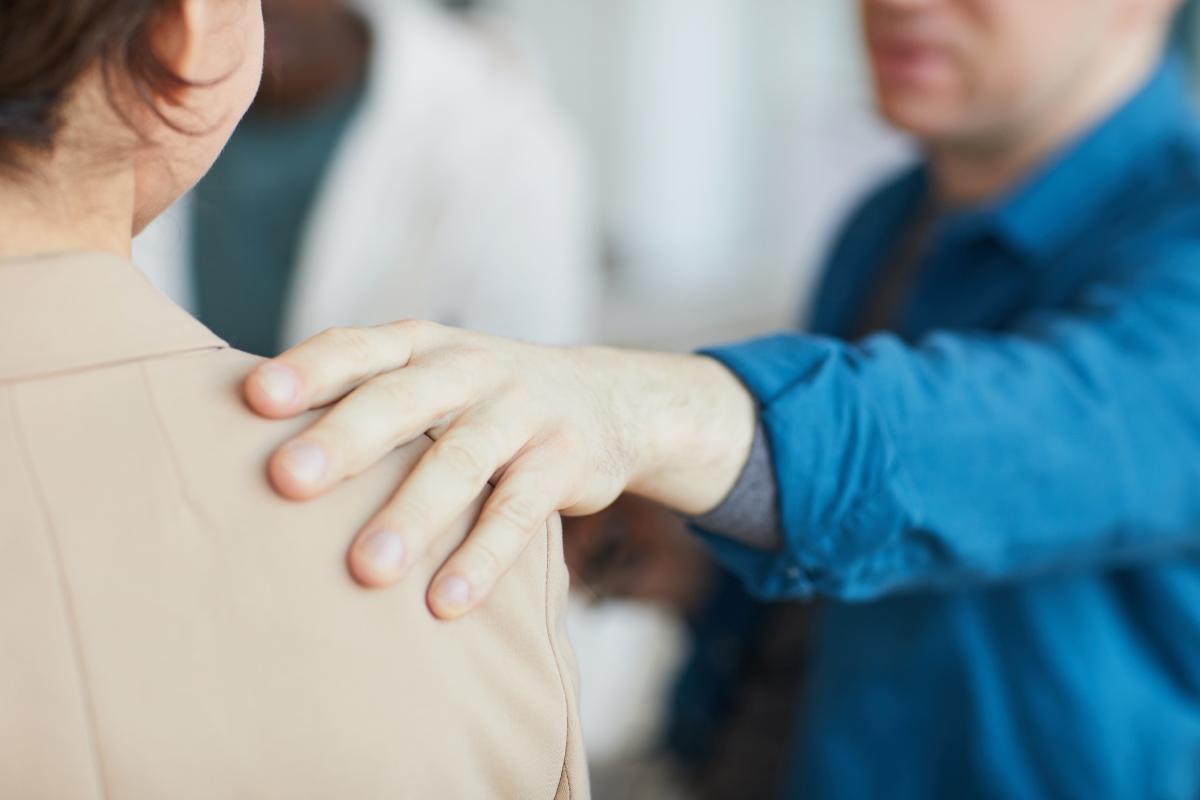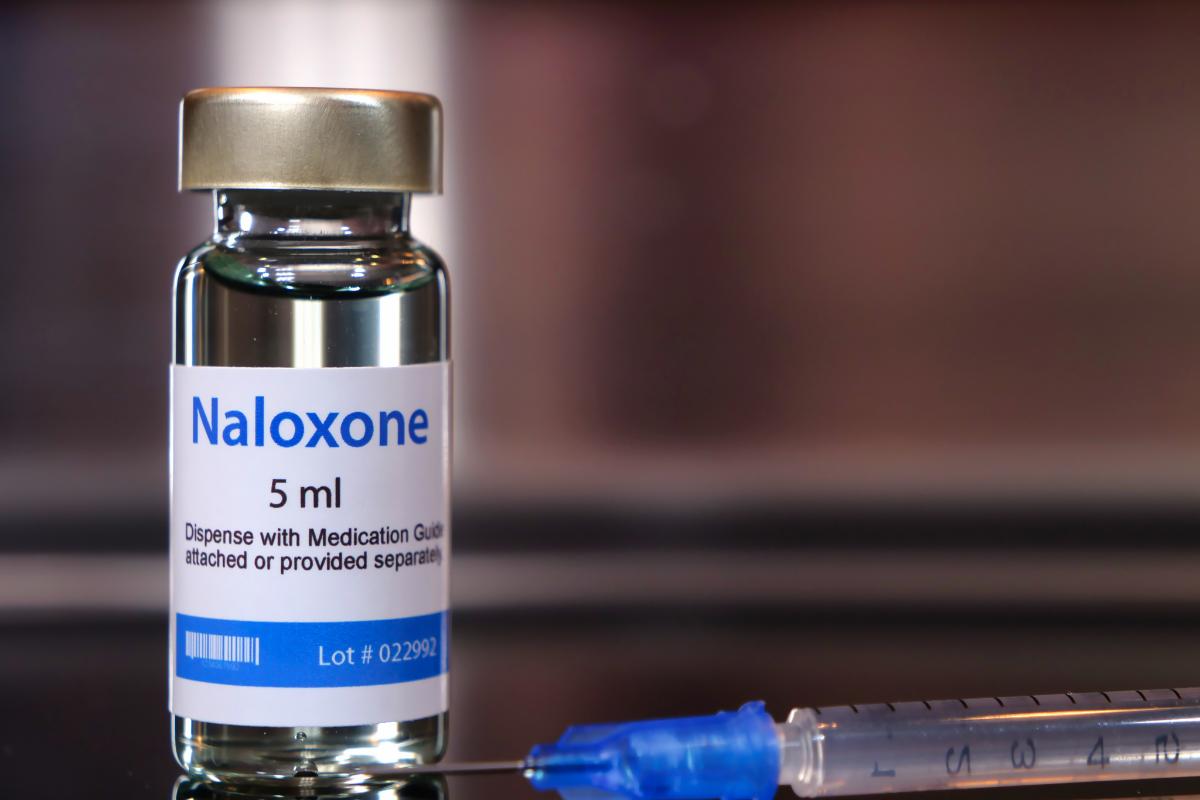[vc_row][vc_column][vc_column_text]“Made a searching and fearless moral inventory of ourselves.”
In the first three steps of the twelve-step program, we are asked to recognize that our lives have become unmanageable, to identify and believe in a Power greater than ourselves, and to decide to turn our will over to this higher Power. In step four, however, we begin to engage in deep, intentional self-reflection. In essence, we ask, ‘Who am I?’
At first glance, this question is seemingly simple. We might answer with such things as where we live, what our name is, how old we are, our ethnicity, heritage, race, religion, and hobbies, among others. While these pieces of our identity are an important part of us, it is not exactly what step four is asking of us. Step four focuses on taking a moral inventory.
In a moral inventory, we reflect on our lives, assessing for and recording our perceived character deficits, strengths, and weaknesses. Topics that typically arise in moral inventories include resentments, anger, fears, pride, self-will, self-pity, guilt, shame, relationships, and sex. The purpose of this exercise is to gain more clarity and awareness on who we are, such that we can develop an awareness of how our understanding of ourselves both contributes to our problematic substance use and may aid us in the recovery process.
In taking a moral inventory, we will surely encounter negative thought patterns, destructive self-talk, overwhelming emotions, and value incongruent behaviors that have fueled the continuance of our addictions. In so long as we keep our shame, regrets, anger, and resentments secret, our problematic substance use will persist in efforts to cope with these unpleasant feelings. As uncomfortable and painful as it may be to connect with these feelings, studies have shown, time and time again, that reflecting upon and sharing these feelings with a trusted individual (i.e. sponsor, therapist, partner, friend) can be incredibly healing. Positive effects on an individual’s mental, emotional, physical, and spiritual health, are ultimately to be expected. The moral inventory is an essential component of recovery.
In step four, we gain a better understanding of who we are, how our affective experiences and behavioral patterns contribute to our addiction, and how our strengths may aid us in recovery.
We begin to take accountability for our problematic use as we redirect our blame for others towards curiosity about ourselves.
By Jonathan Fricke, MA[/vc_column_text][/vc_column][/vc_row]


























